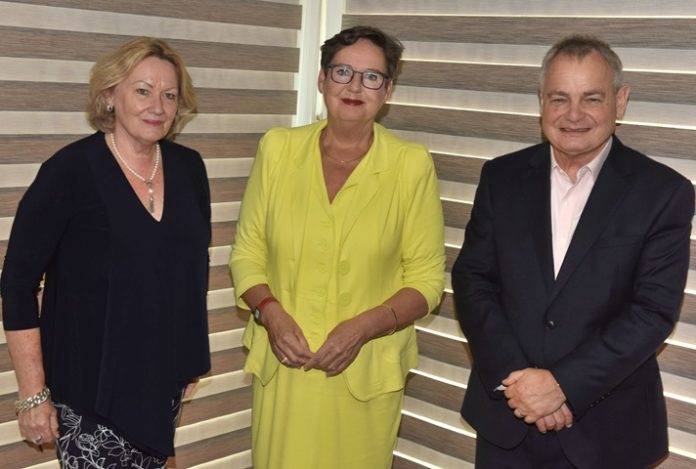Oranjestad – The economy of Aruba is growing in a prosperous way. The public finances are showing a positive image as well. It is important that Aruba uses its current financial position to structurally put its government finances in order and make the economy more resilient. In this regard a prudent budgetary policy remains as important as ever, considering the high interest expenses. Structural reforms in the social security and the labor market ensure greater resilience.
Debt reduction
The budget for 2024 was adopted on time and it amply meets the central budget standard of a surplus of at least 1 percent of the Gross Domestic Product (GDP) for the year 2024 as well as multi-annually. However, there are some risks too. The interest expenses, which already take up almost a fifth of the budget, may increase even further due to the refinancing task in the coming years. This will lead them to crowd out other expenses or investments more than ever before. Debt repayment therefore remains of importance.
Investments
Investments are needed to build a more resilient economy and to increase the income generating capacity. In that context, the CAft applauds the intention to budget an increase in investments to AWG 115 million in 2028. To ensure the effectiveness of these investments, it is important to draw up a multi-annual investment agenda which is linked to the policy objectives, including those from the Country Package.
Reforms
With the current budgetary space for the country as well as for the social funds, it is now the time to implement the necessary reforms to strengthen the economy. In healthcare, specific actions are taken to achieve structural control of healthcare expenses. In principle, the CAft welcomes an expenditure calendar as a management tool, provided it actually helps to decrease the healthcare expenses.
With regard to social security, now that the funds are positioned favorably, Aruba could consider reforms that would also make the labor market more dynamic. Aruba now has the luxury of being able to implement reforms without necessarily causing an increase of the expense burden.
In fiscal matters, in 2023 Aruba took a first step to make its tax system more robust. However, the indirect taxation system remains fragmented, and therefore unnecessarily complex. A simpler system, in the form of a value-added tax (btw), is recommended and will benefit compliance.






























